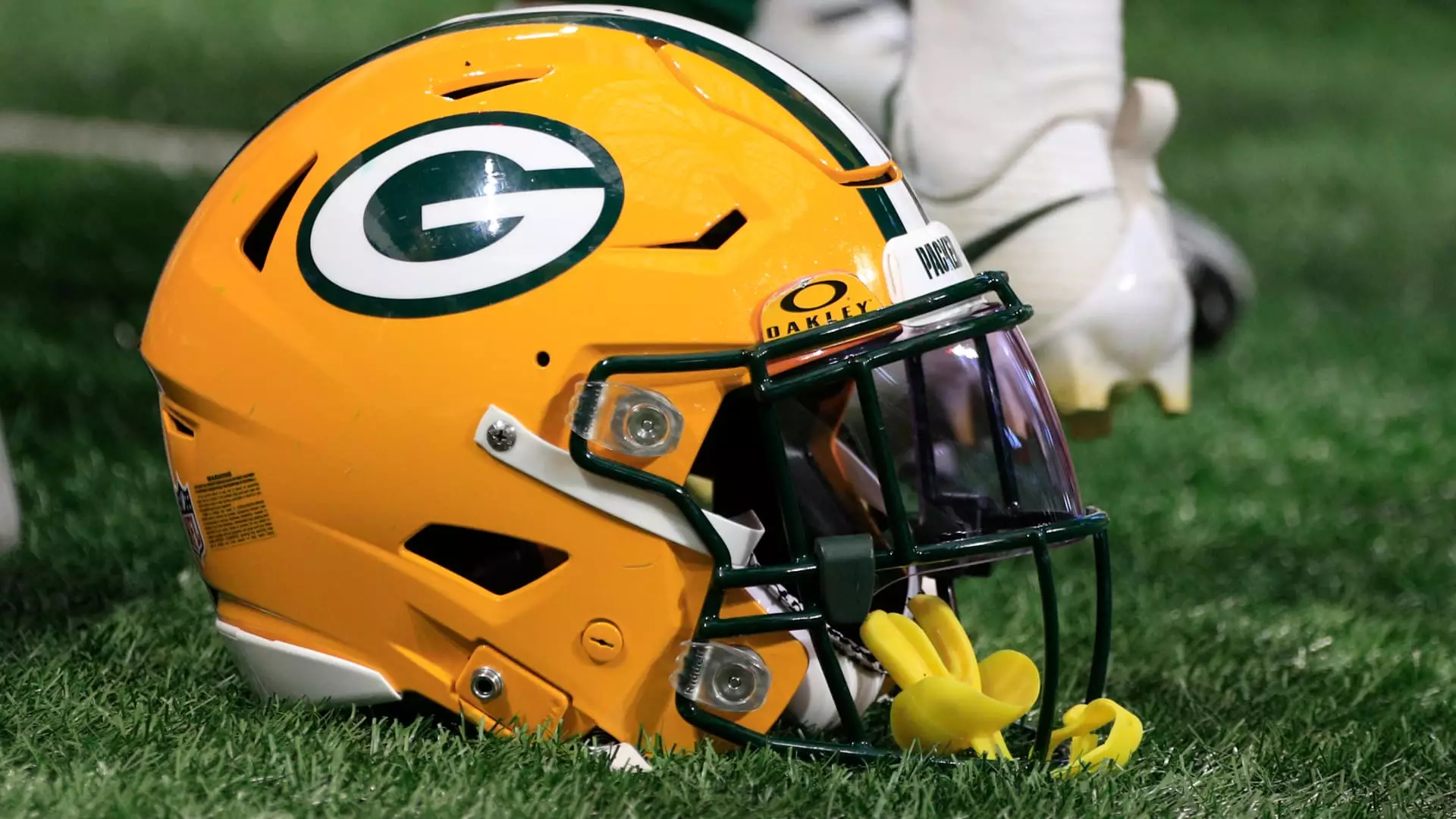The Green Bay Packers stand out among National Football League teams due to their ownership structure that resembles a publicly traded company. With a valuation of $6.3 billion, the Packers are the 12th most valuable franchise in the NFL. However, what truly sets them apart is the fact that they are the only publicly owned team across the four major North American professional sports leagues. Established over 100 years ago, this unique ownership model has allowed the franchise to thrive despite facing financial challenges over the years.
The Packers are completely owned by stockholders, many of whom are die-hard fans of the team. Through six stock offerings held in 1923, 1935, 1950, 1997, 2011, and 2021, the team has amassed over 5.2 million outstanding shares held by more than 538,000 individuals. Unlike traditional stocks, these shares pay no dividends, are nontransferable outside of passing to a family member, and do not hold any intrinsic market value. Shareholders have the opportunity to attend the team’s annual meeting and participate in the election of a board of directors, but they do not receive any financial benefits from owning shares.
In 2023, the Packers generated $638 million in revenue, with earnings before interest, taxes, depreciation, and amortization amounting to $128 million. As a nonprofit organization, the team allocates its annual revenue towards player salaries, venue maintenance, marketing, and other operational expenses. The sole compensated member of the Packers’ seven-person executive committee is the president. Additionally, the team has utilized share offerings to overcome financial challenges and undertake major renovations of their home stadium, Lambeau Field.
The unique ownership structure of the Packers has made them less appealing to private equity investors seeking financial returns. With a strict ownership cap of 200,000 shares per person, equivalent to less than 4% of the team’s outstanding shares, the team limits external influence over its operations. While NFL rules allow approved private equity firms to own up to 10% of a franchise, the Packers’ ownership model and infrequent share offerings deter potential investors. Moreover, the historical pricing of shares from $5 in 1923 to as high as $300 in 2021 presents a rare opportunity for fans to own a piece of the team at a relatively low cost compared to the average NFL team valuation.
In addition to their ownership structure, the Green Bay Packers differ from other NFL teams in various aspects. Operating in the smallest television market among the 32 franchises, the team lacks the tourism influx experienced by cities like Las Vegas, Miami, New York, and Los Angeles. Despite these challenges, the Packers have maintained stability at the quarterback position, transitioning from Brett Favre to Aaron Rodgers and now Jordan Love. This continuity and long-term success have drawn both admiration and criticism from fans and organizations alike.
The Green Bay Packers’ unique ownership model reflects a deep-rooted connection with their community and fans. While this structure may not appeal to profit-seeking investors, it has allowed the team to navigate financial obstacles, engage shareholders, and uphold their legacy as one of the NFL’s most storied franchises.

